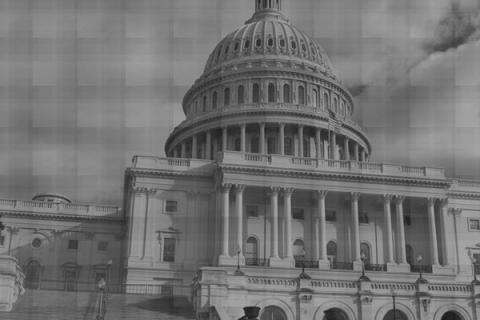With the shocking collapse of Rupert Murdoch’s sensationalistic News of the World over the past few days, journalistic integrity has taken yet another blow in the eyes of an increasingly cynical public.
“With the latest revelations about the tabloid accessing the phones of terror victims and a missing 13-year-old girl who turned out to be murdered,” wrote Howard Kurtz in Friday’s Daily Beast, “the story moved beyond the spectacle of rogue journalists chasing celebrities and into the sickening realm of harassing ordinary people touched by tragedy. London police say more than 4,000 people have been identified as potential victims of the paper’s stable of private detectives.”
There has always been a suspicion of rogue journalism among political partisans, but the actions of recent years have transferred some of the behaviors of fabrication-laden supermarket tabloids to responsible media where accuracy is an expected norm. When CBS News’ long-time anchor Dan Rather failed to follow-through on his own producer’s research on President George W. Bush’s Air National Guard service, he lost his multi-million dollar job in order to protect the credibility of the network of Edward R. Murrow and Walter Cronkite.
Now the Murdoch media empire has been forced to jettison News of the World in order to protect such credible properties as The Wall St. Journal and the B Sky B European satellite network. But the sneaking suspicion that the public feels toward all journalism has been reinforced. As Kurtz points out in his article, the “one bad apple in the barrel” argument has died with the scandal as far as NOW is concerned. “The paper’s very culture was corrupt,” wrote Kurtz.
The shame of this impact on journalistic integrity is that it tars an industry that has done monumental good under the aegis of some great and service-minded leaders, including the families that have run the New York Times and the Washington Post. Think of the revelations of the Pentagon Papers about how President Lyndon Johnson deceitfully led us into the Vietnam War, and the Watergate scandal that brought down President Nixon over misuse of presidential power. These events might never have come to light without excellent reporting and nerves of steel by publishers under heavy pressure from the highest levels of government. There was plenty of opposition to these stories from partisan players, but the credibility of the media won out in the end. Many historians feel that it was Walter Cronkite’s turning against the Vietnam War after his visit to the front lines during the TET offensive that soured the public on the war and led to President Johnson’s decision not to seek another term.
The move by Murdoch to shutter NOW is described by Vanity Fair writer Sarah Ellison as “cynical” because it was a way of “sacrificing something he doesn’t care about…. Murdoch seems to be sacrificing lower-level people in order to save the people who are in charge.” That includes Rebekah Brooks, Murdoch’s prized international editor, who was very much in charge as News of the World editor during much of the misconduct. But, it is the paper’s 200 employees who are now losing their jobs.
This turn of events brought back some personal knowledge about Murdoch’s takeover of the New York Post in 1976, when he gutted the paper’s pension plan and left the staff with little or no retirement. I know one of the metro photographers from those days – now in his 80s and still bitter in his recollection of Murdoch and the changes he wrought at the Post. As it has been often said, the style of an organization emanates from the top.

